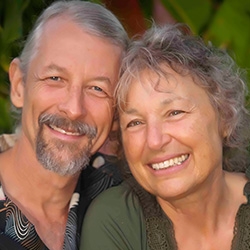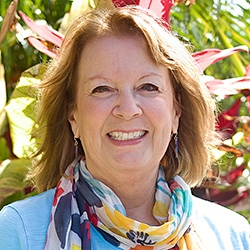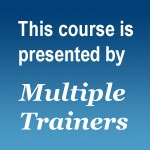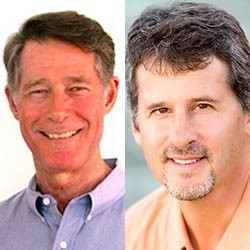

NVC Resources on Conflict Resolution
-
Mediating a conflict conversation can be challenging – but with tools and practice, that challenge can be transformed. If you're curious about the specific steps needed to achieve that transformation, join John for an exploration of his non-dual mindfulness practice.
-
Use NVC and mediation tools to transform conflict into authentic connection.
-
Trainer Tip: Have you ever noticed how often we back up when we find ourselves in a conflict? Or how much we try to pull away when someone is angry or in emotional pain?
-
Differing worldviews can lead to conflict, discover pathways to greater understanding.
-
In this brief audio segment, John Kinyon offers a guided tour of our inner maps of conflict, including interpersonal mediation, chooser/educator, enemy images and making amends maps.
-
LoraKim explores what gets in the way of seeing the inherent worth and dignity of others when there is conflict in congregations. The strategies LoraKim offers can be applied to any spiritual community.
-
Shift how you respond to conflict with this Mediate Your Life course and create lasting change.
-
Listen to John talk about the inner and outer mediation process, the importance of the "3rd chair," and an experience of working with Pakistani elders.
-
Yoram Mosenzon shares that the role of a mediator is often misconceived as solving conflicts, which can create stress and exacerbate the conflict. Instead, the true essence of mediation is about remaining untriggered, understanding the pain of the conflicting parties, and facilitating communication.
-
Conflict occurs when disagreements undermine the sense of trust and safety in family, workplace, or community. Shantigarbha shares nine tips for addressing, and even transforming conflict.
Quick Links

Stay in Touch!
We value your privacy, won't share your email address and you can easily unsubscribe any time.









